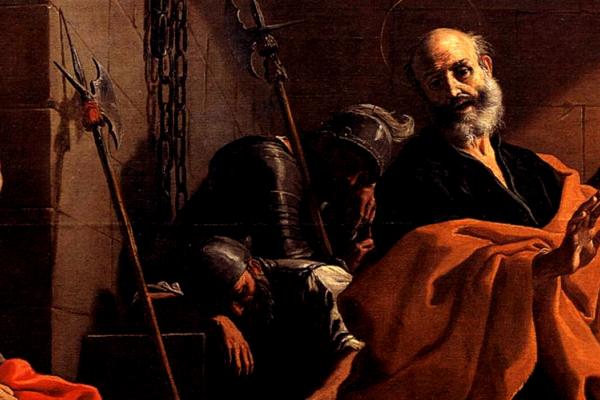IN THE SECOND century, Jesus’ followers were not a reputable bunch. Most people had probably never heard of Christians, but some knew the rumors: They worshipped a crucified criminal, ate flesh and blood, and obstinately refused to sacrifice to the gods. And they were notorious for hanging around prisons.
This is partly because many early Christians ended up in prison themselves. Jesus did. Peter did. Paul did. Ignatius of Antioch did.
But Christians were also known for showing up at prisons voluntarily. In one of the earliest surviving references to the Christian movement by an outsider, the second-century writer Lucian, who thought followers of Christ were laughably ignorant and naive, mocks them for the support they gave an imprisoned Christian leader named Peregrinus. Lucian describes widows and orphans loitering around the prison while their leaders bribe the jailers to get inside, bringing Peregrinus food and encouraging him with the scriptures. “It’s incredible how quickly they respond in such situations,” he remarks. “They get to work immediately, and spare nothing.”
Read the Full Article

